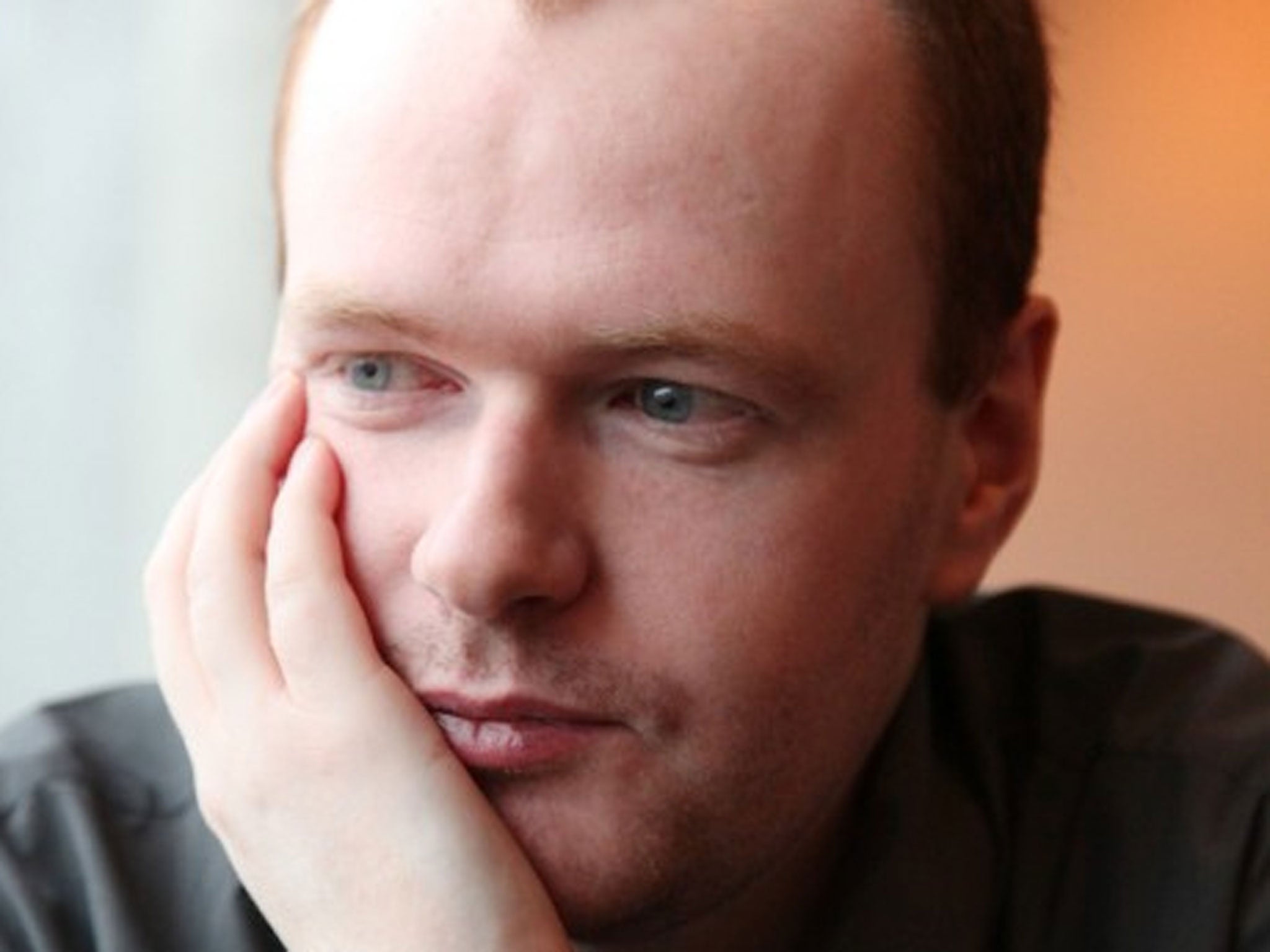Malcolm Mackay: The rising star of tartan noir
Writer who rarely leaves quiet island home wins prize with crime novel set in Glasgow underworld

Your support helps us to tell the story
From reproductive rights to climate change to Big Tech, The Independent is on the ground when the story is developing. Whether it's investigating the financials of Elon Musk's pro-Trump PAC or producing our latest documentary, 'The A Word', which shines a light on the American women fighting for reproductive rights, we know how important it is to parse out the facts from the messaging.
At such a critical moment in US history, we need reporters on the ground. Your donation allows us to keep sending journalists to speak to both sides of the story.
The Independent is trusted by Americans across the entire political spectrum. And unlike many other quality news outlets, we choose not to lock Americans out of our reporting and analysis with paywalls. We believe quality journalism should be available to everyone, paid for by those who can afford it.
Your support makes all the difference.Malcolm Mackay rarely leaves his home on the Isle of Lewis in the Outer Hebrides, but only eight months after publication of his debut novel, the 31-year old writer has pulled off a huge literary upset, beating veteran authors including Ian Rankin and Val McDermid to a coveted crime-writing award. It’s all the more remarkable because his books are set on the mean streets of Glasgow – a city he has visited only a few times.
Mr Mackay, described as a “rising star” of the flourishing “tartan noir” scene, yesterday picked up the Deanston Scottish Crime Book of the Year award for his book How a Gunman Says Goodbye. The award comes despite the fact that Mackay, who lives in the small town of Stornoway on Lewis with his parents, admits that his hometown’s low crime rate poses a problem for him as a writer.
Mr Mackay said: “It’s a great thrill and great honour. I’m just trying to live up to the standards that those guys [other writers on the shortlist] set as writers.” The six-strong shortlist for the award, part of the Bloody Scotland crime writing festival held in Stirling this weekend, also included Ann Cleeves, Gordon Ferris and Denise Mina.
“It was such an incredibly strong list of authors and just to be mentioned in the same sentence was amazing for me,” he said.
Mr Mackay’s prize-winning novel, which describes an ageing contract killer, was published in July and is the second volume in his Glasgow trilogy. It takes the reader deep into the city’s criminal underworld. Yet, despite the plaudits for the gritty realism of its setting, Mr Mackay rarely leaves the Isle of Lewis. He spent much of his youth there, was diagnosed with ME, had to be home- schooled, and has since occasionally worked for call centres.
“It’s often quite useful to be on the outside looking in,” he said. “People always say write about what you know but more than that you have to write about things that intrigue you. Having a different setting to the one that is familiar to me is intriguing to me.”
He is an author in a hurry. By the time the first novel, The Necessary Death of Lewis Winter, was published in January, he had completed the trilogy and has almost finished a fourth book, also set in Glasgow but with a different characters. “This has all been a whirlwind,” he said.
Mr Mackay became interested in crime fiction in his twenties and started writing to “pass the time”. “I was always interested in crime,” he said. “I fell in love with classic American crime fiction and wanted to write something of that style and pace, but with a contemporary Scottish setting.”Reading novelists including Dashiell Hammett and Elmore Leonard inspired him to write. “I’m not going to match those standards – how could you? – but I’m trying to do something in a similar style,” Mr Mackay added.
As soon as he got to a point “where I thought I had a chance of getting published” things moved quickly. He had an agent three weeks after submitting his manuscript. and a deal for six more. “I see my path in crime fiction,” he said. “There’s so much variety and scope in the genre and things I’d still like to write.”
Join our commenting forum
Join thought-provoking conversations, follow other Independent readers and see their replies
Comments